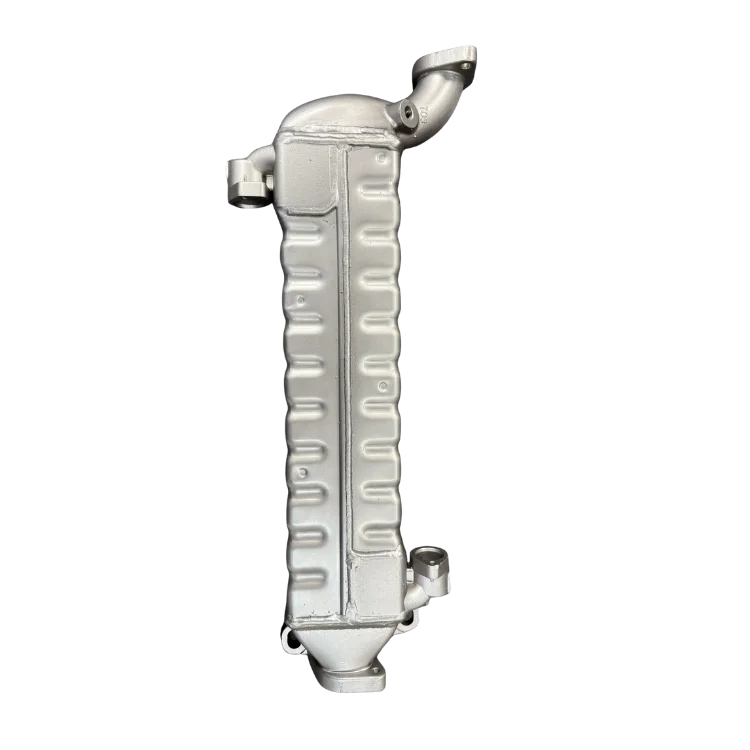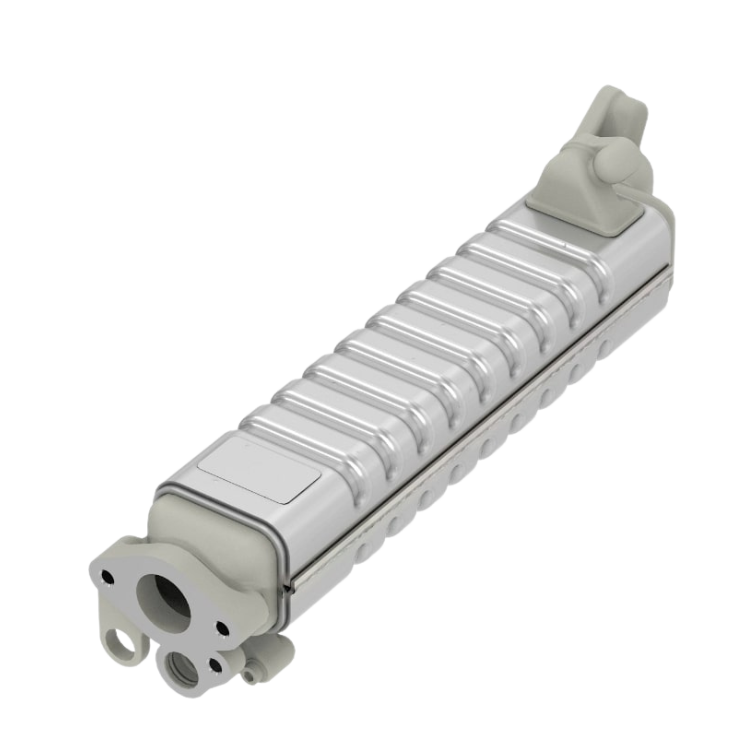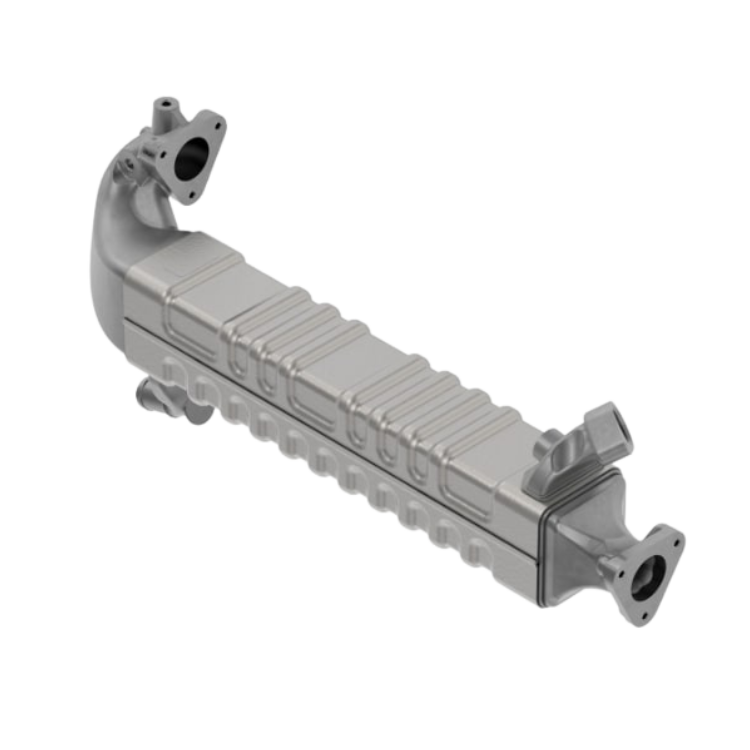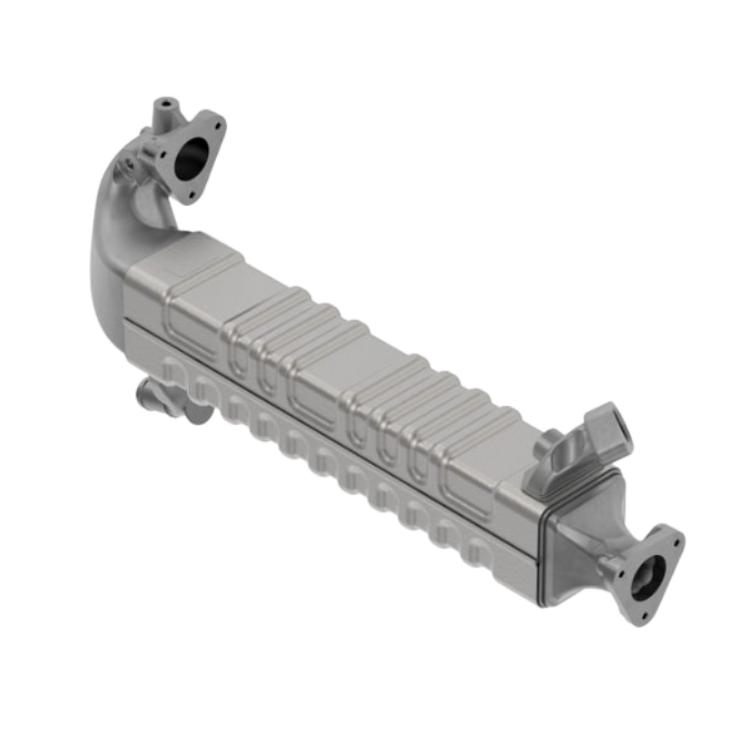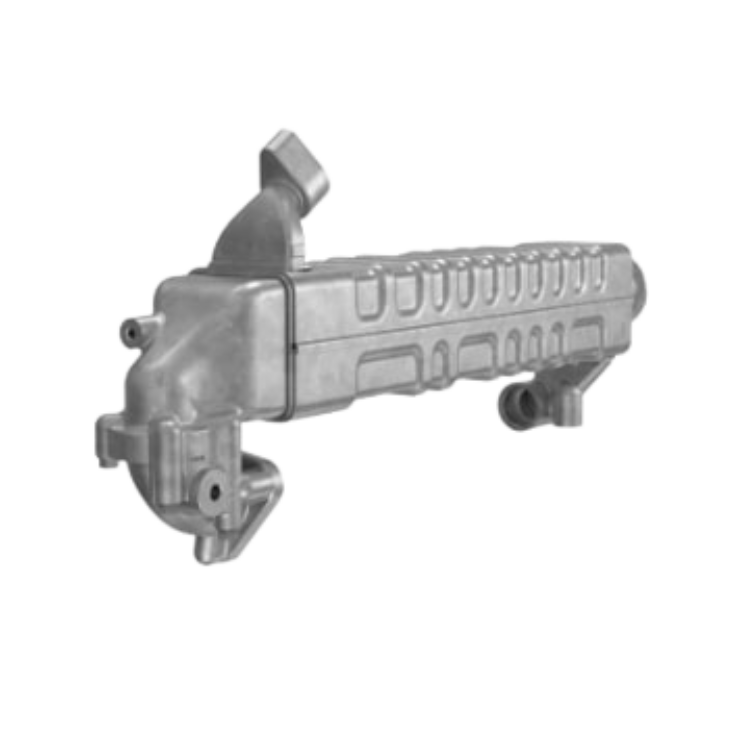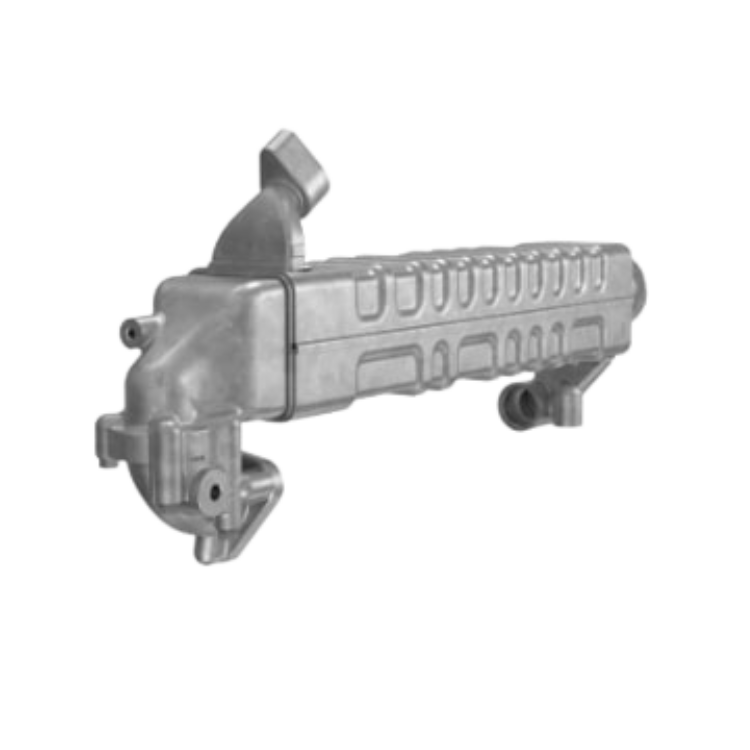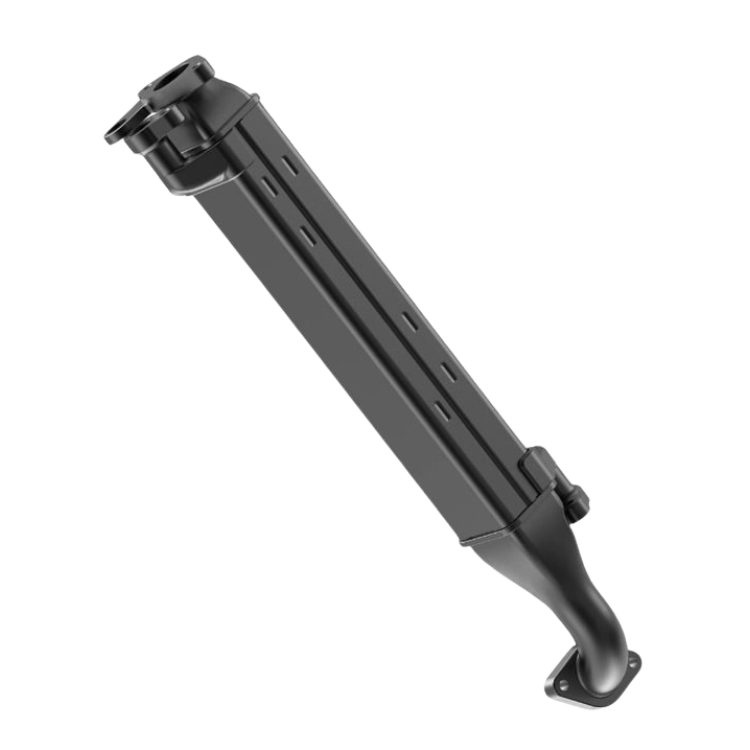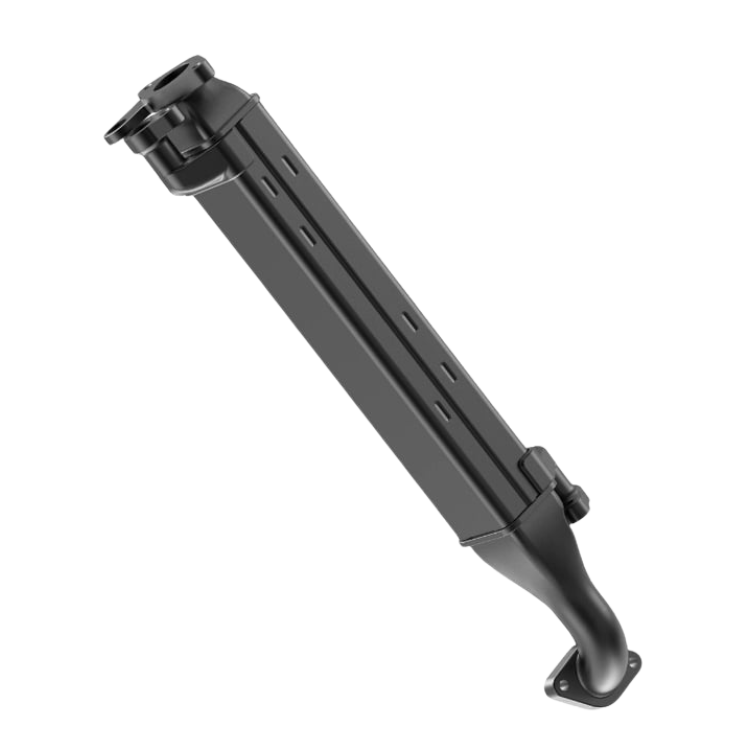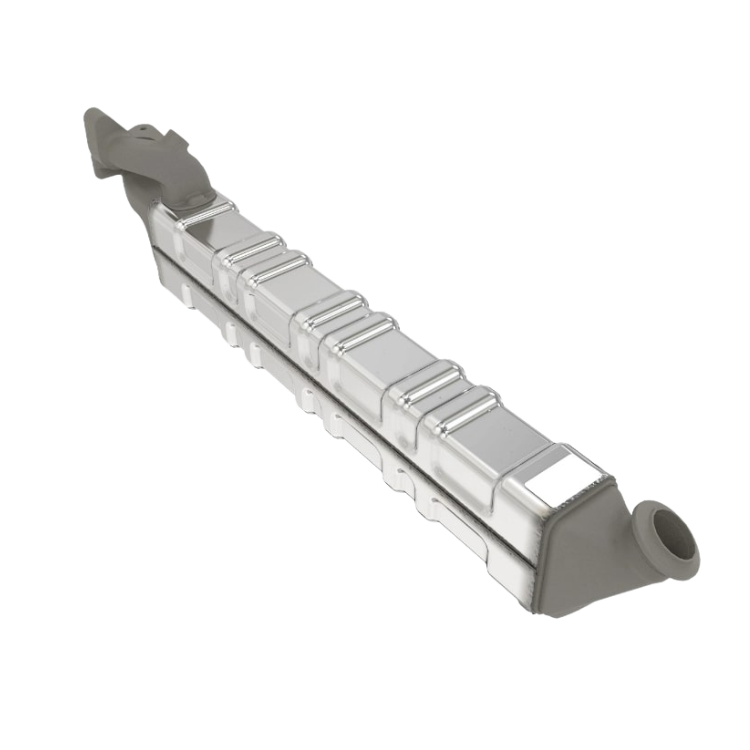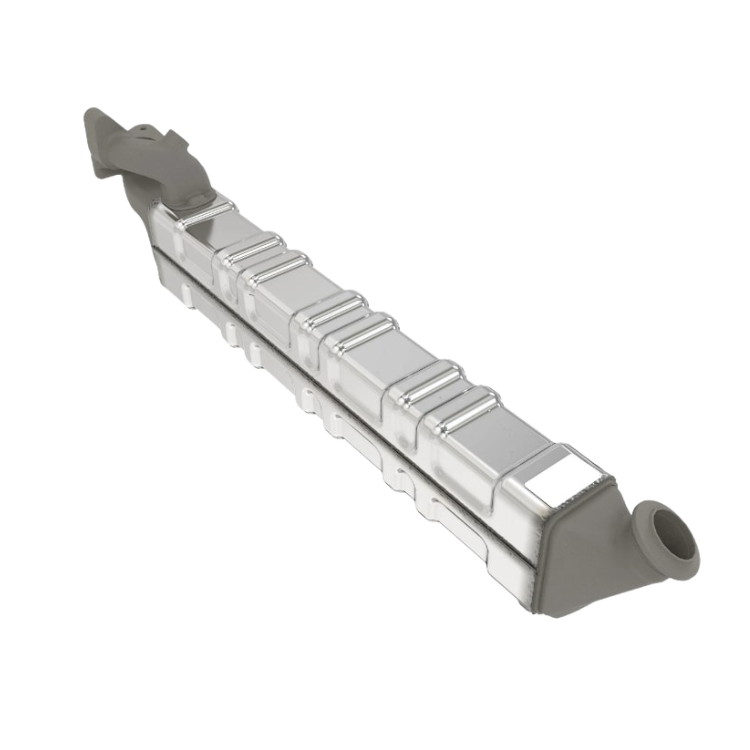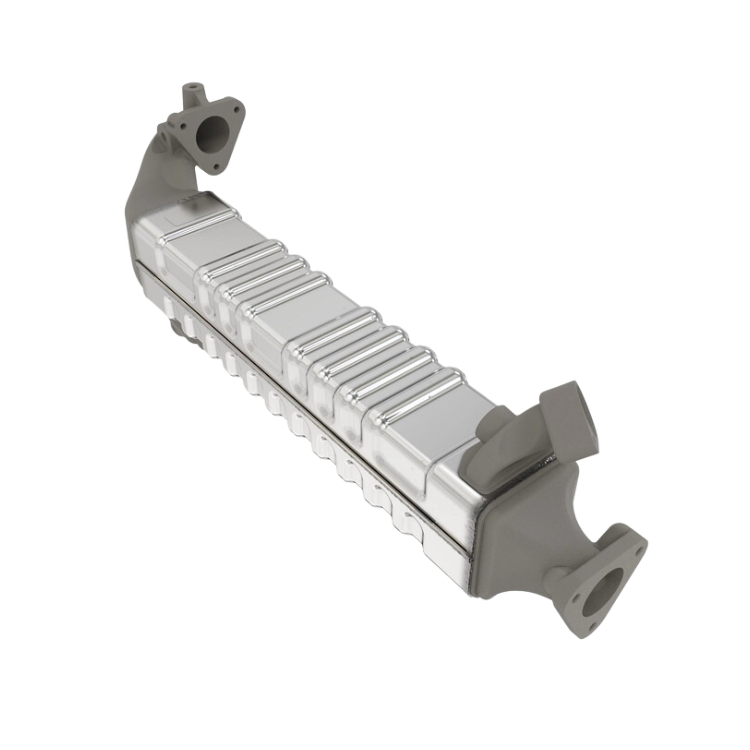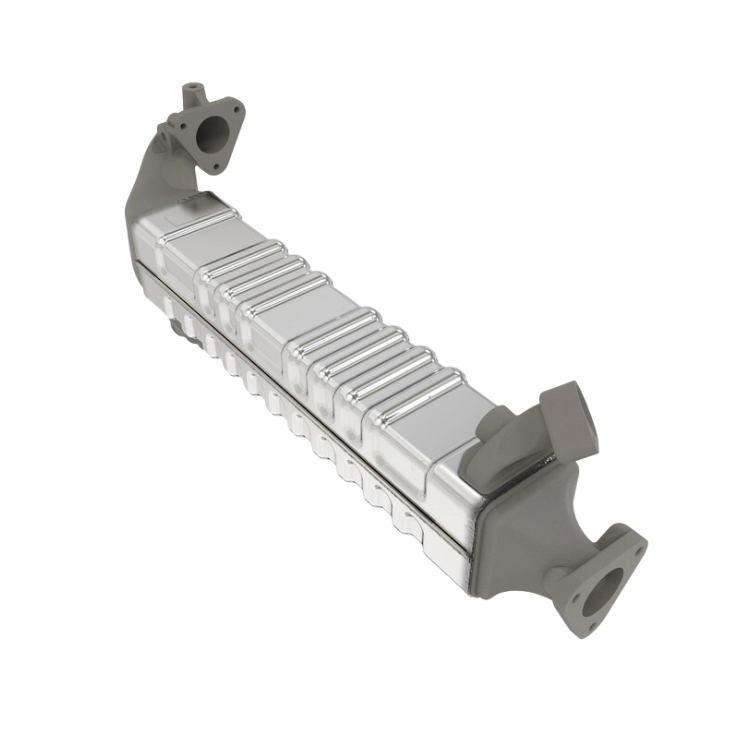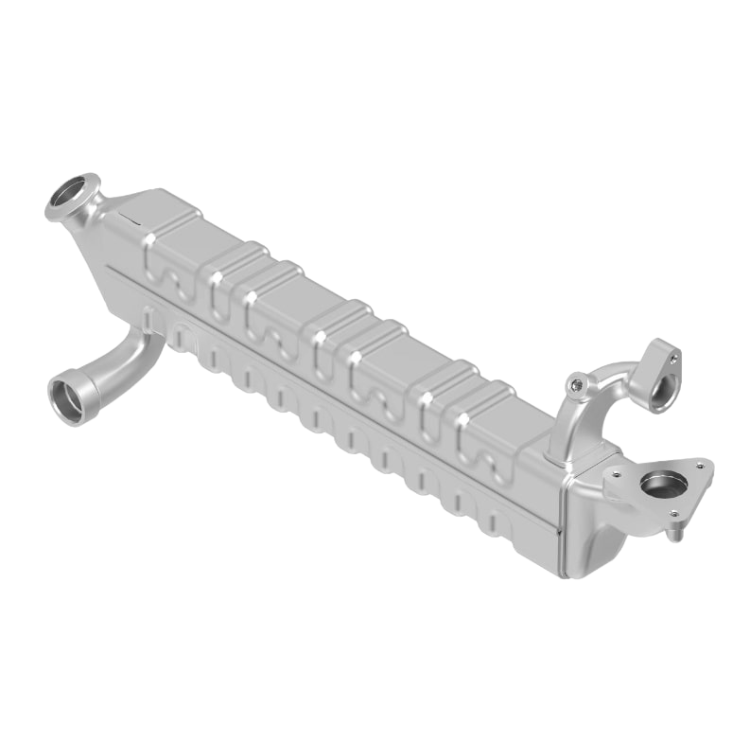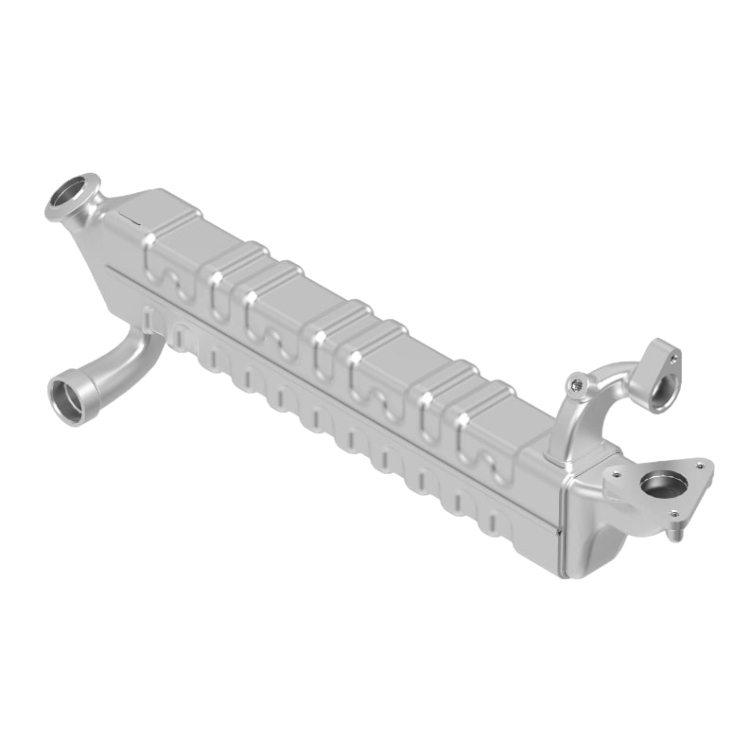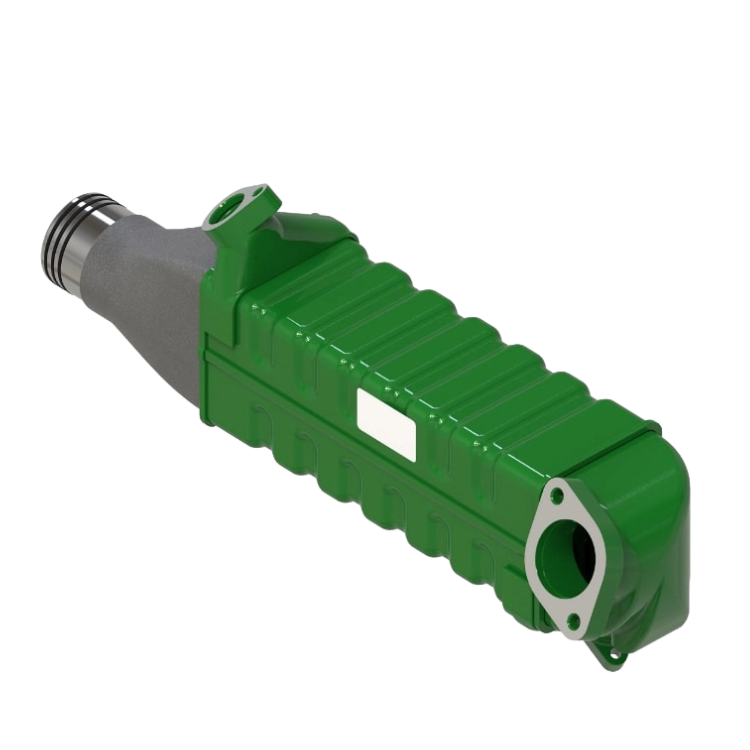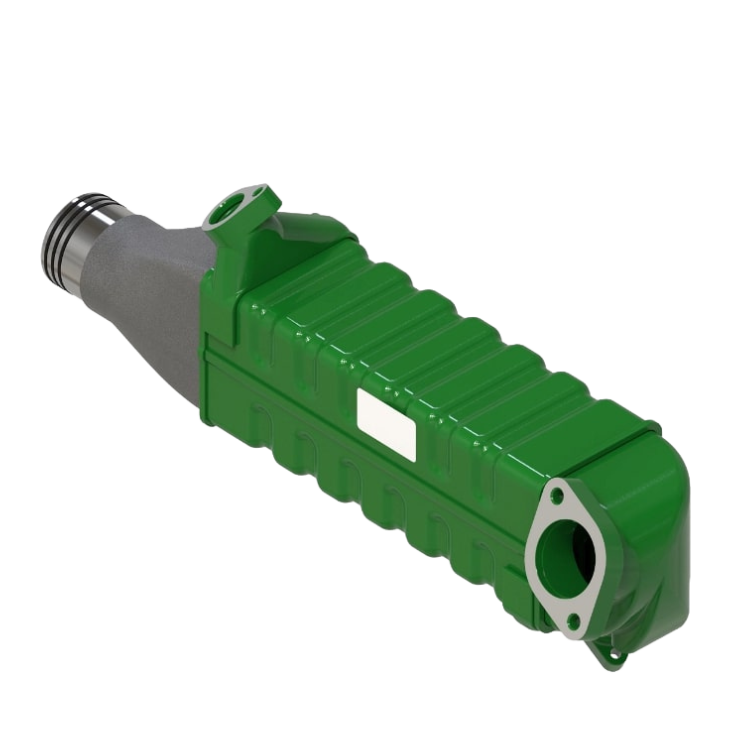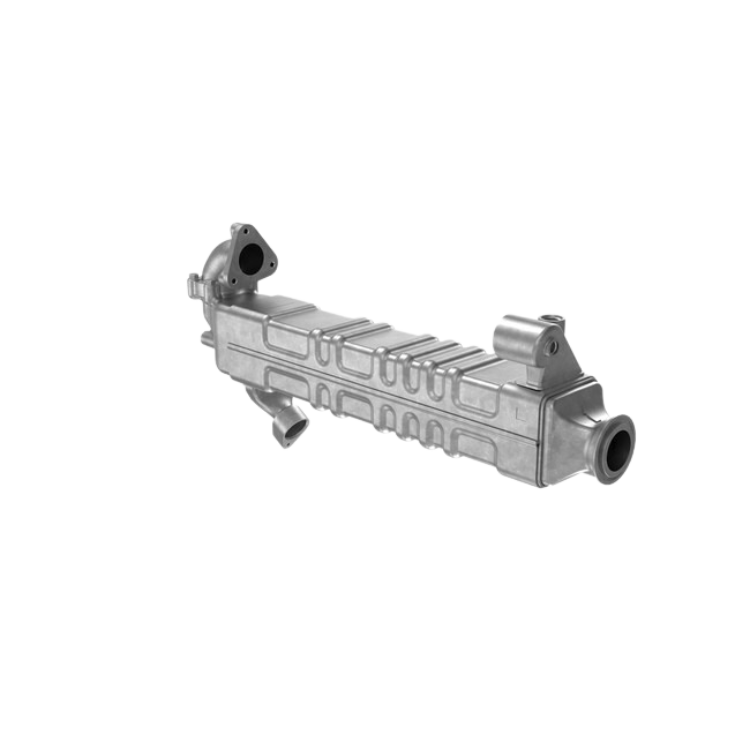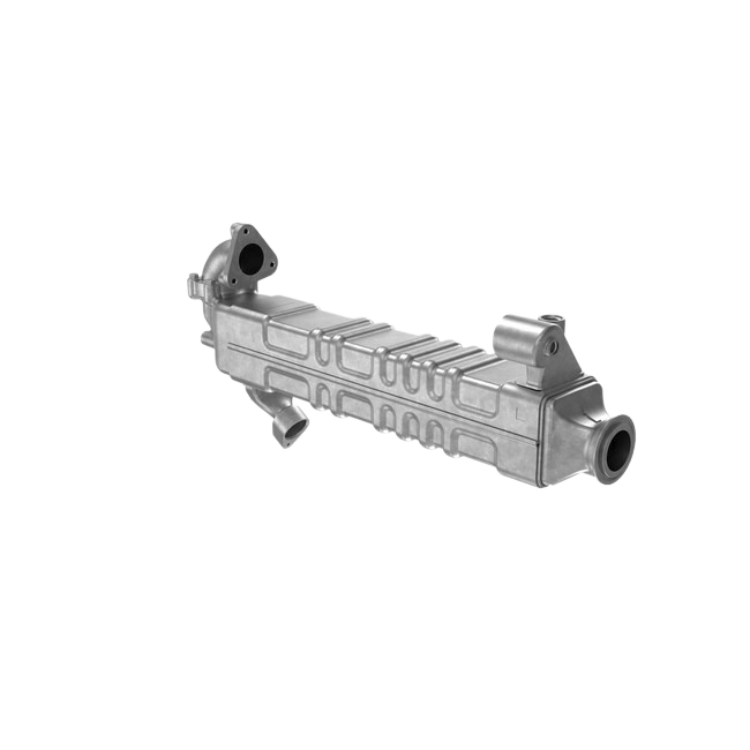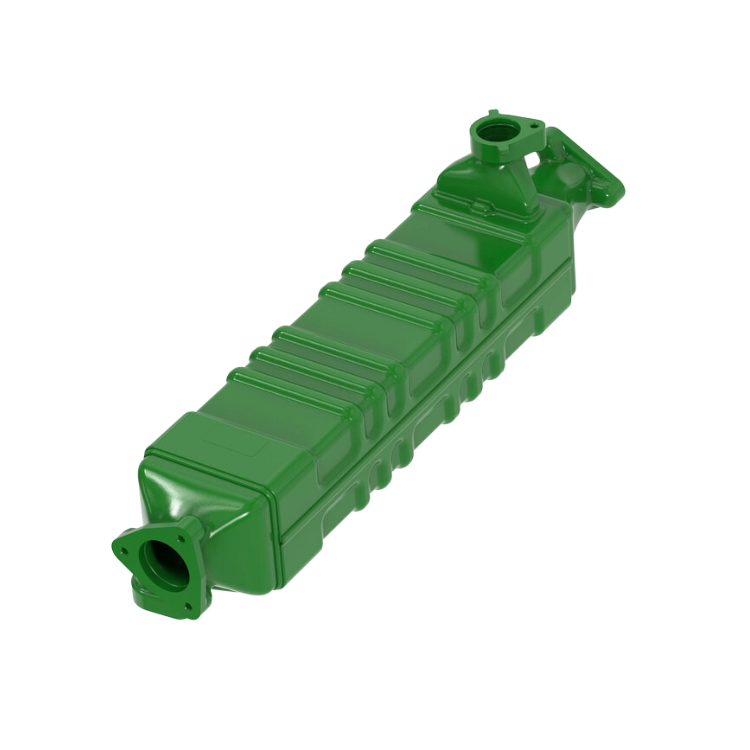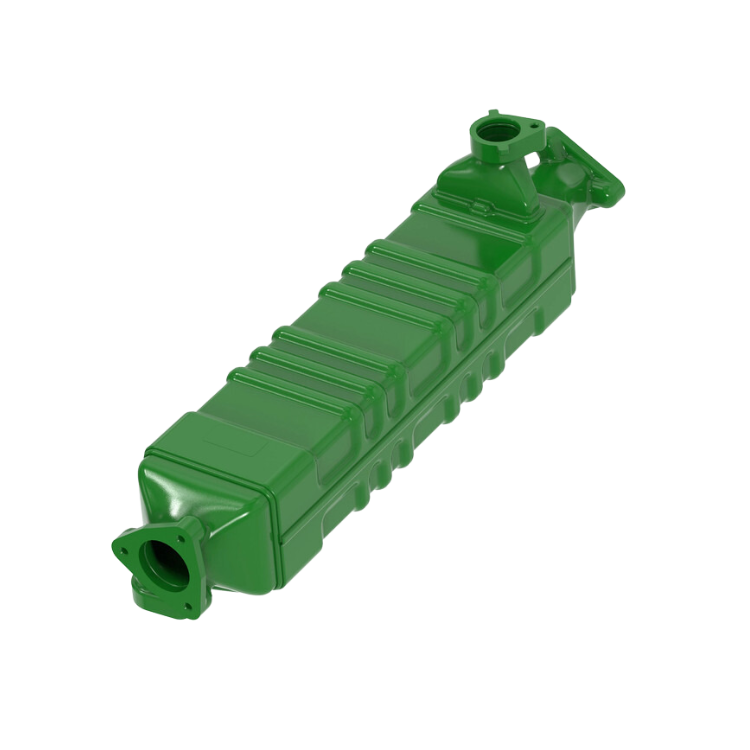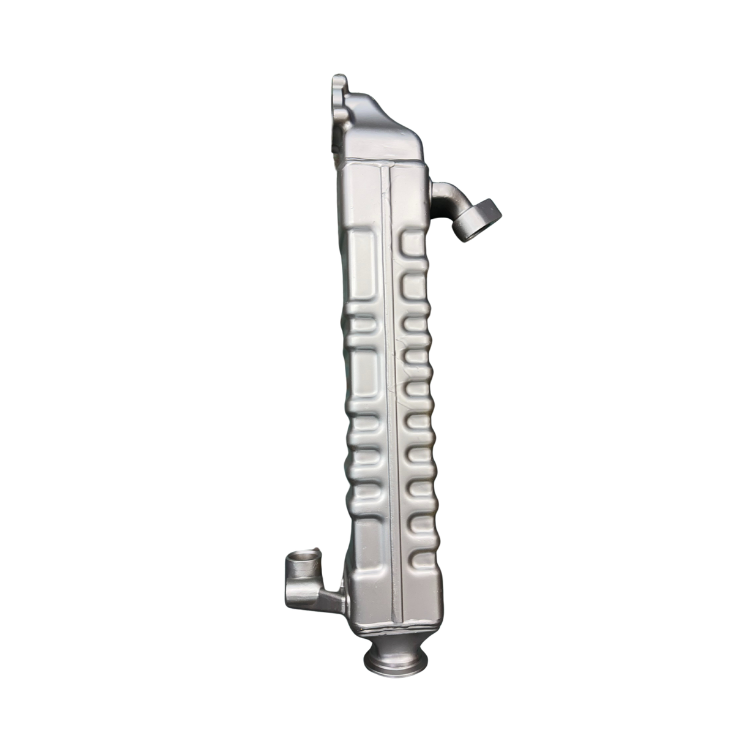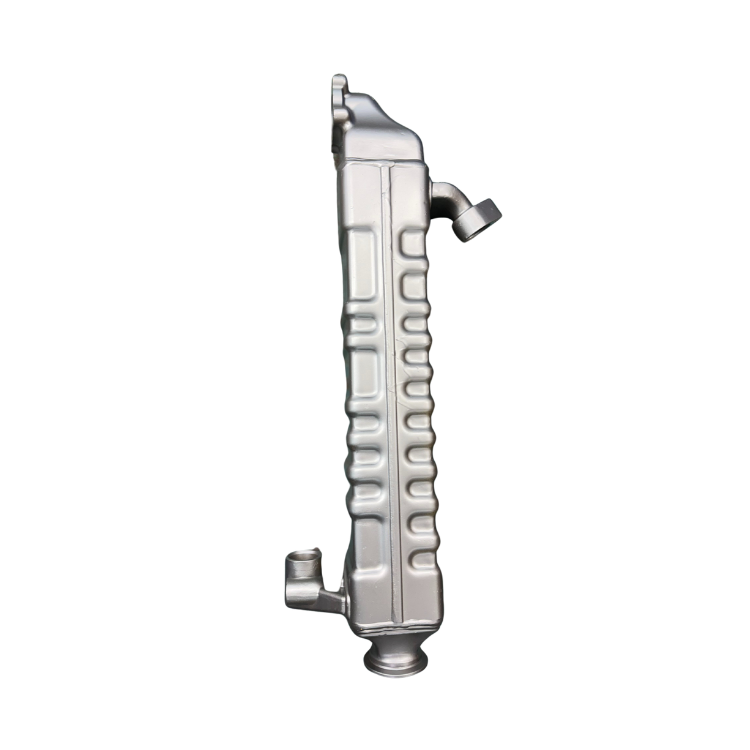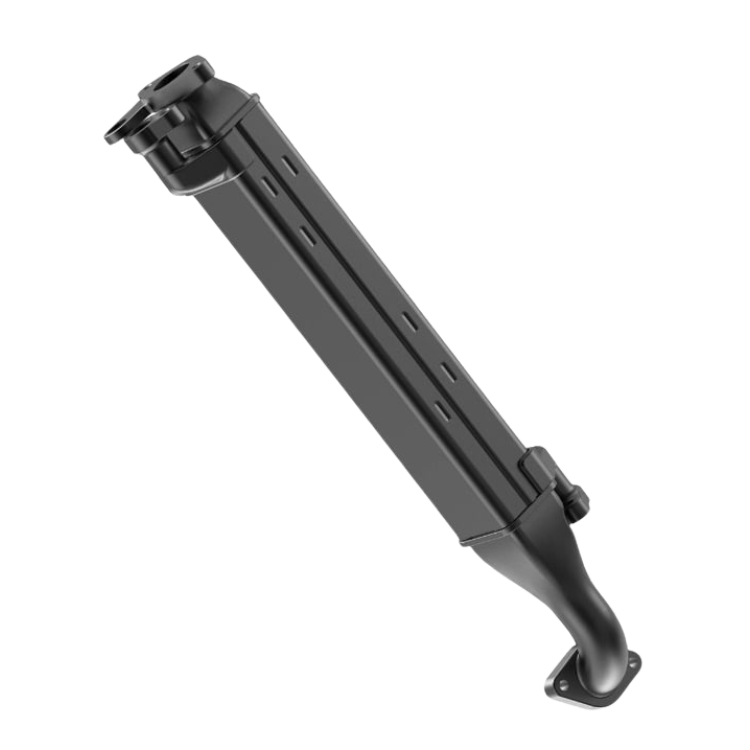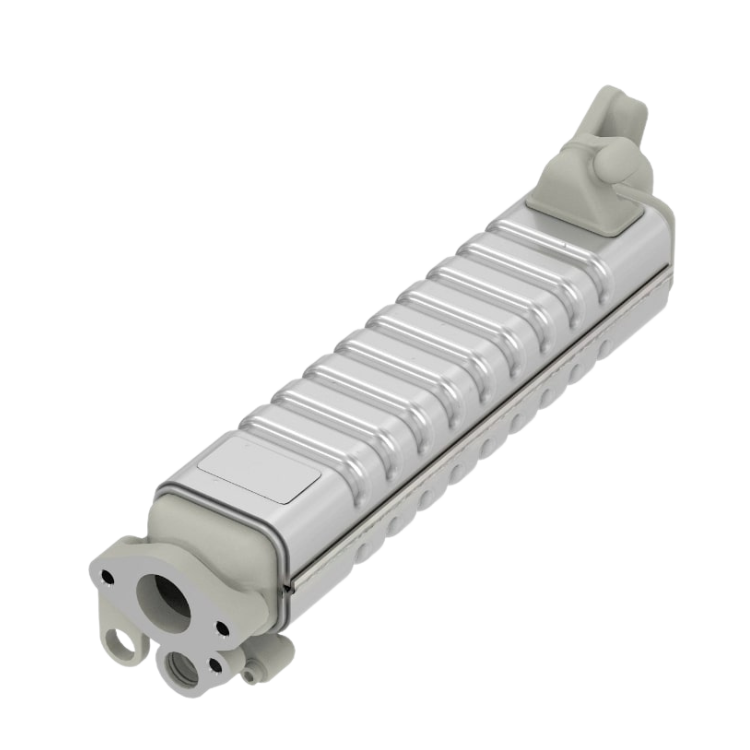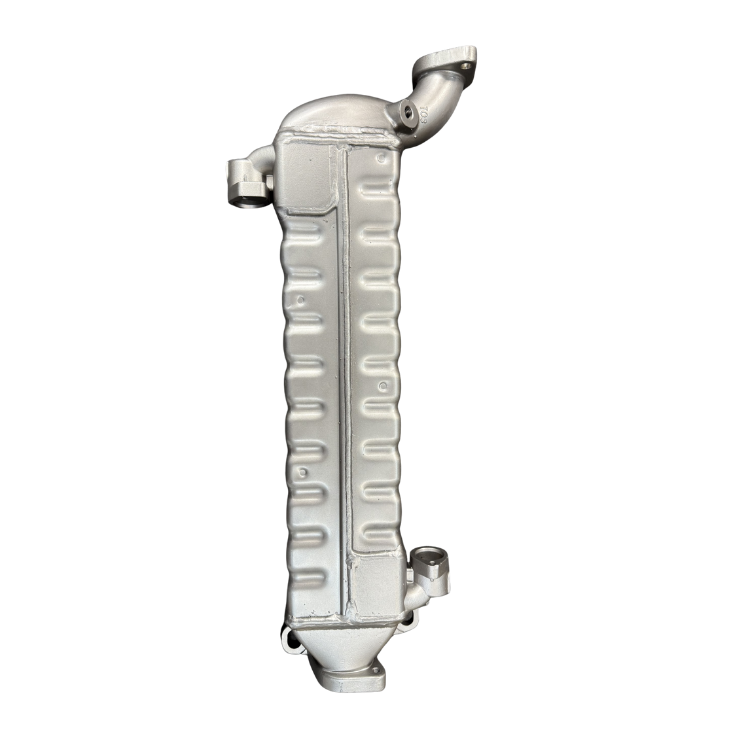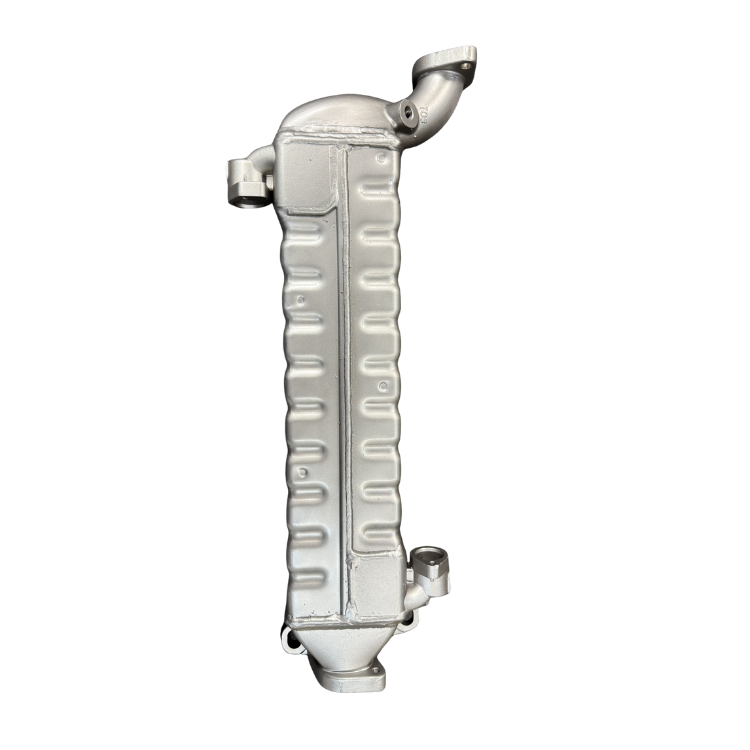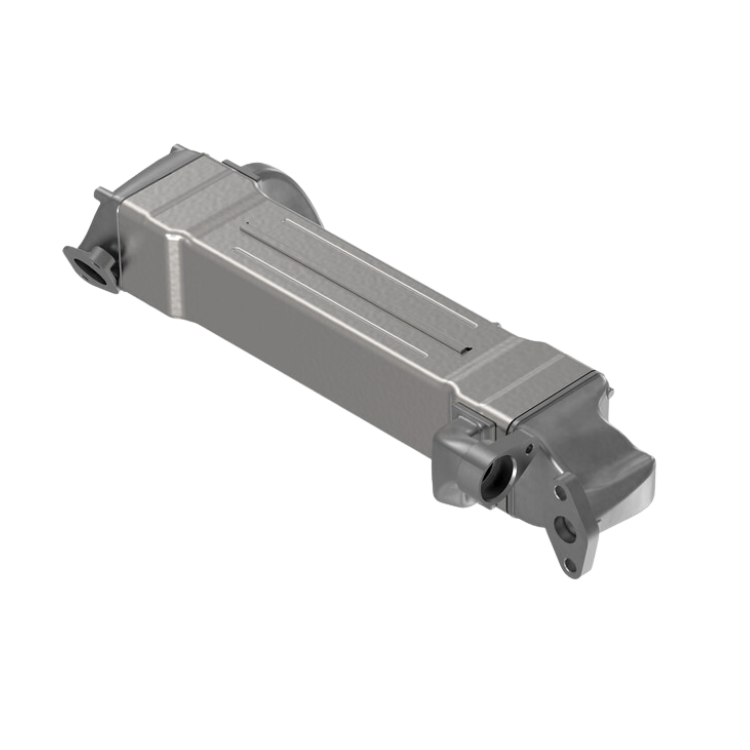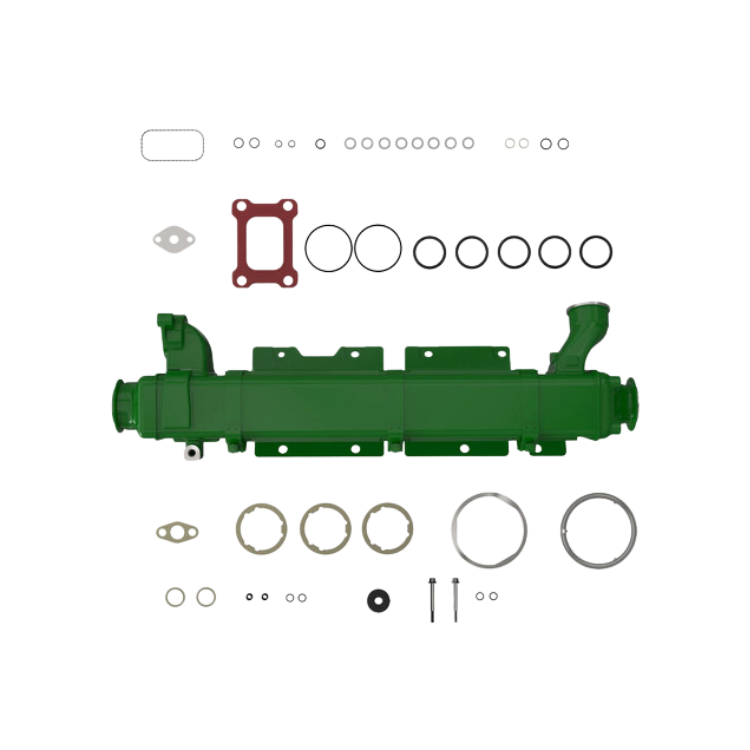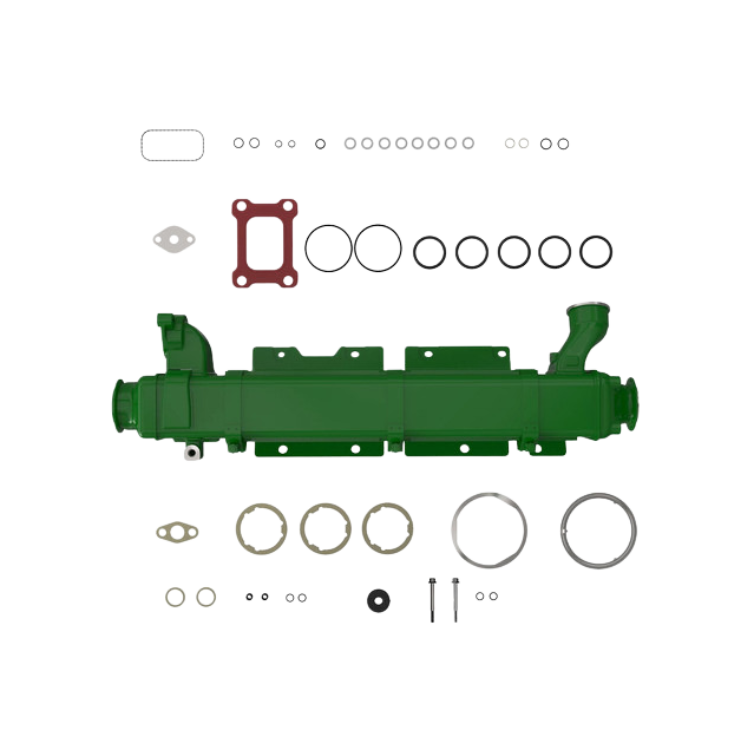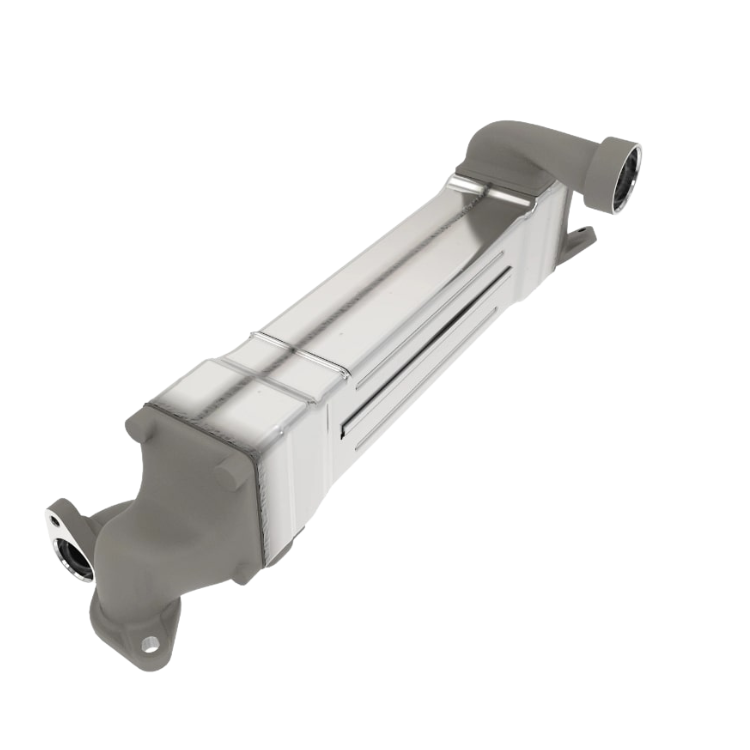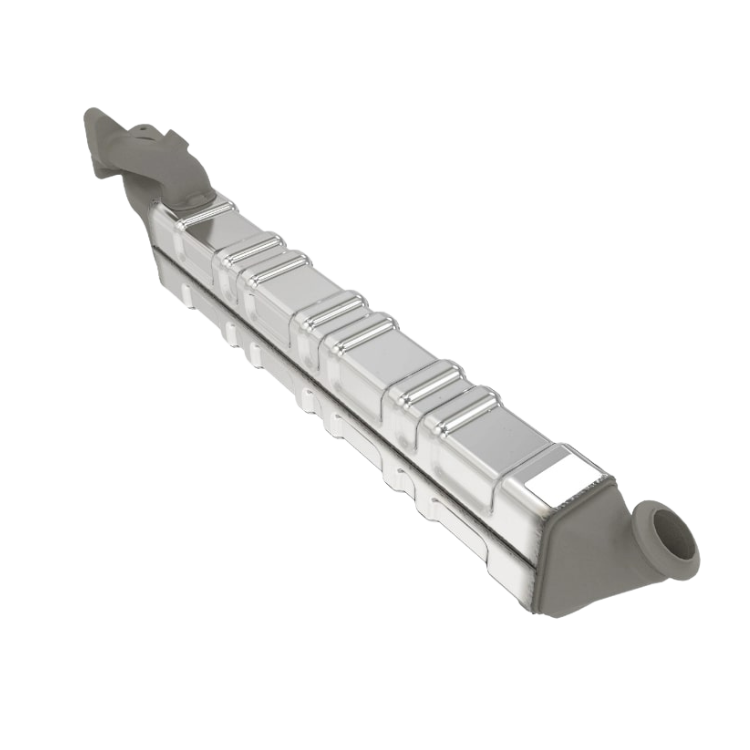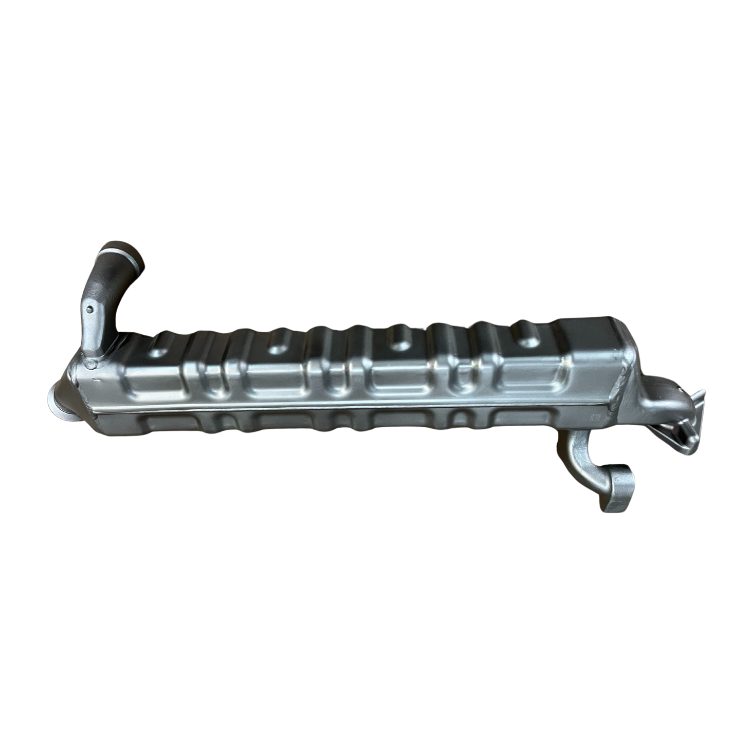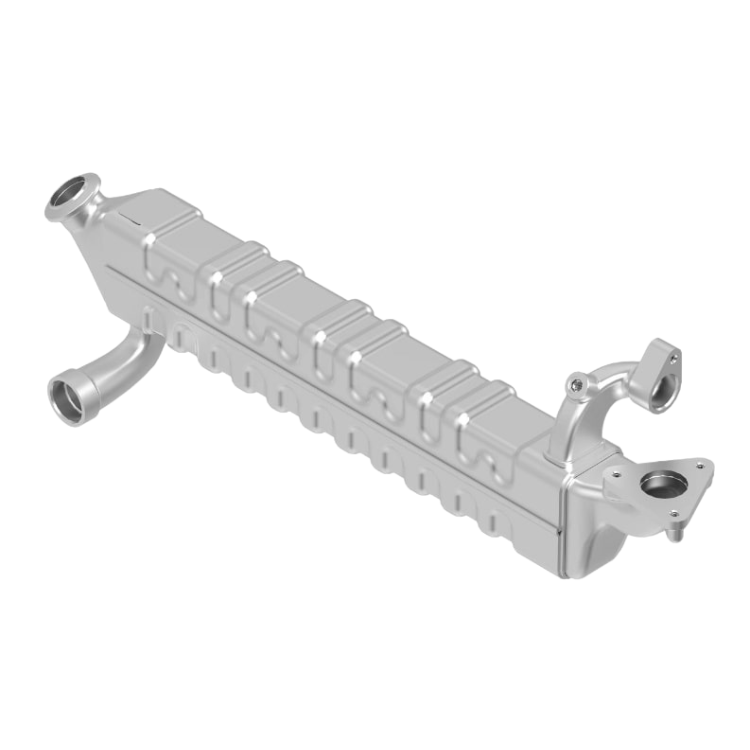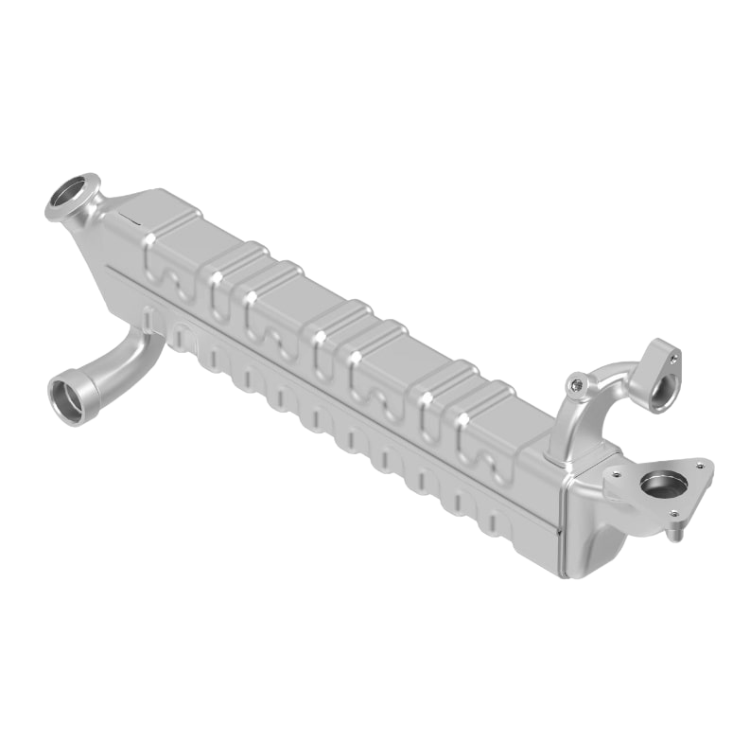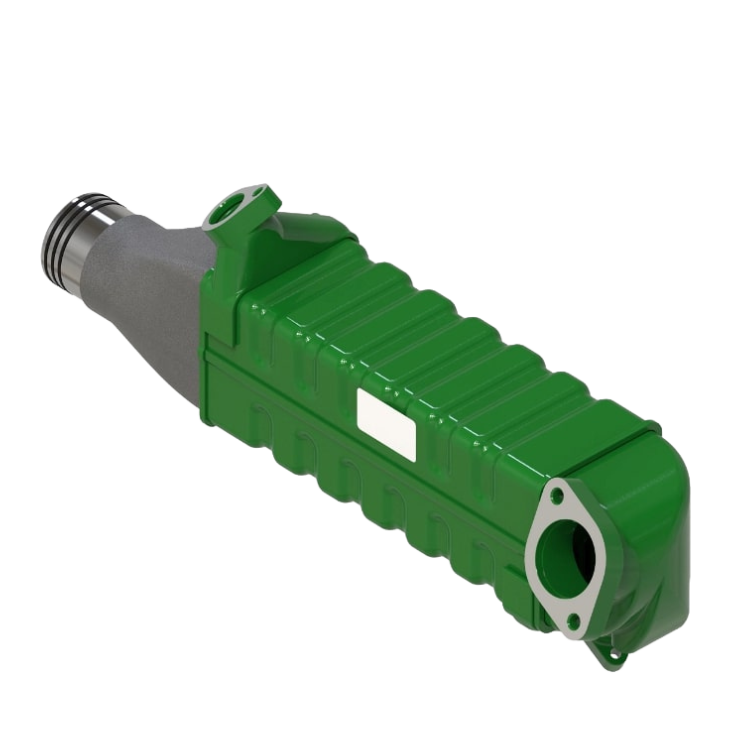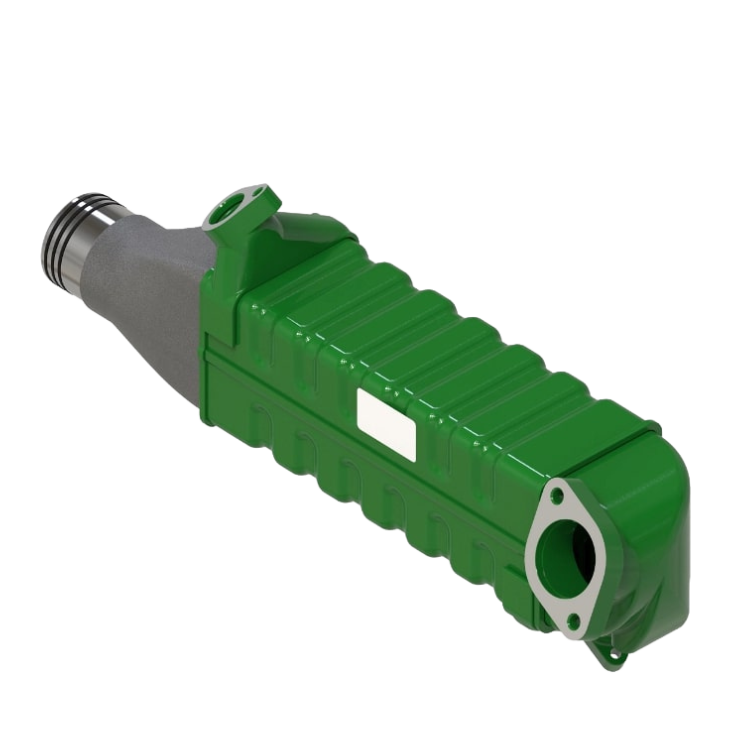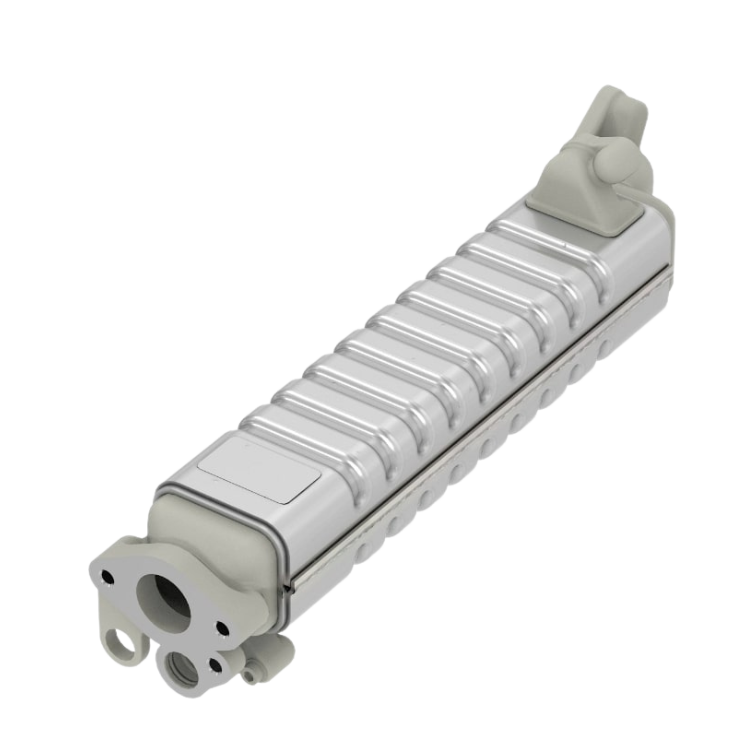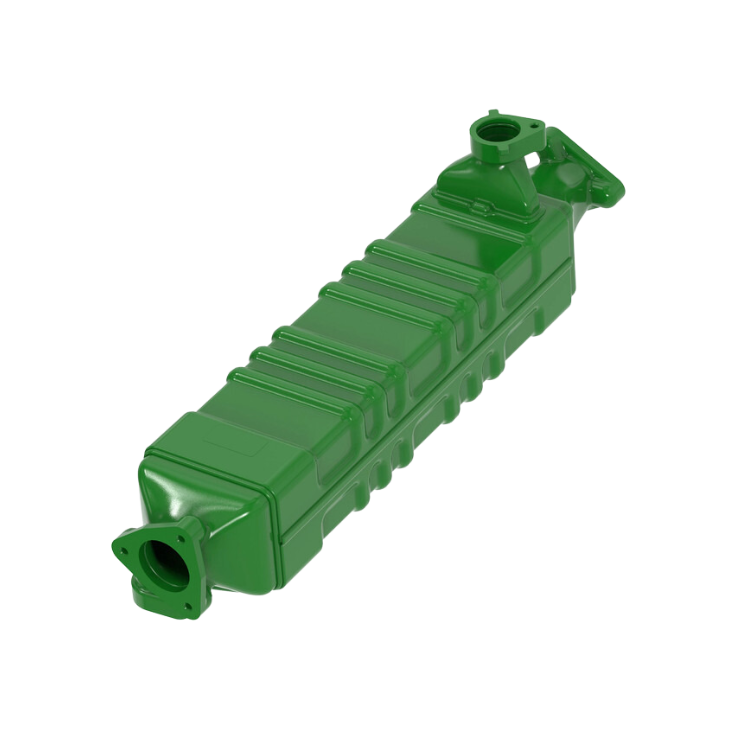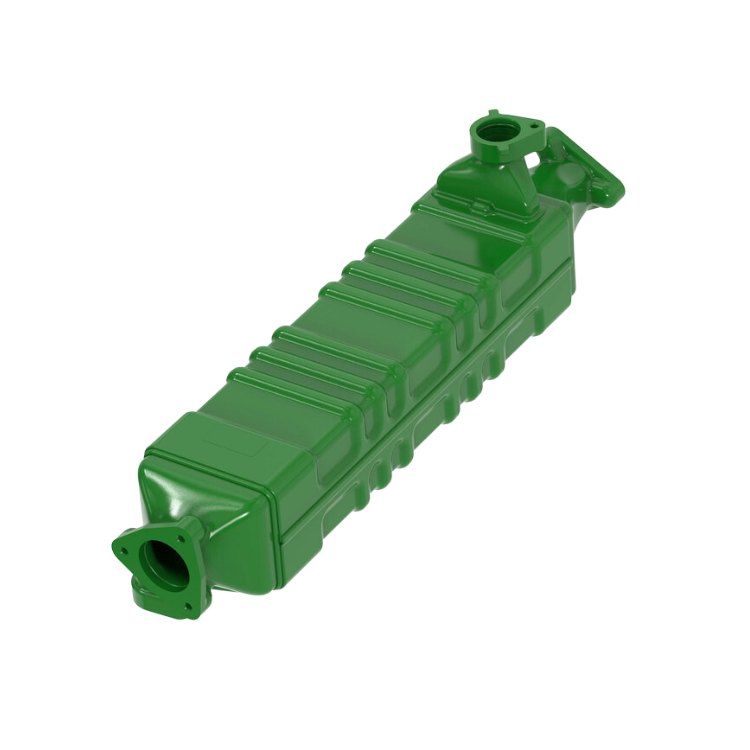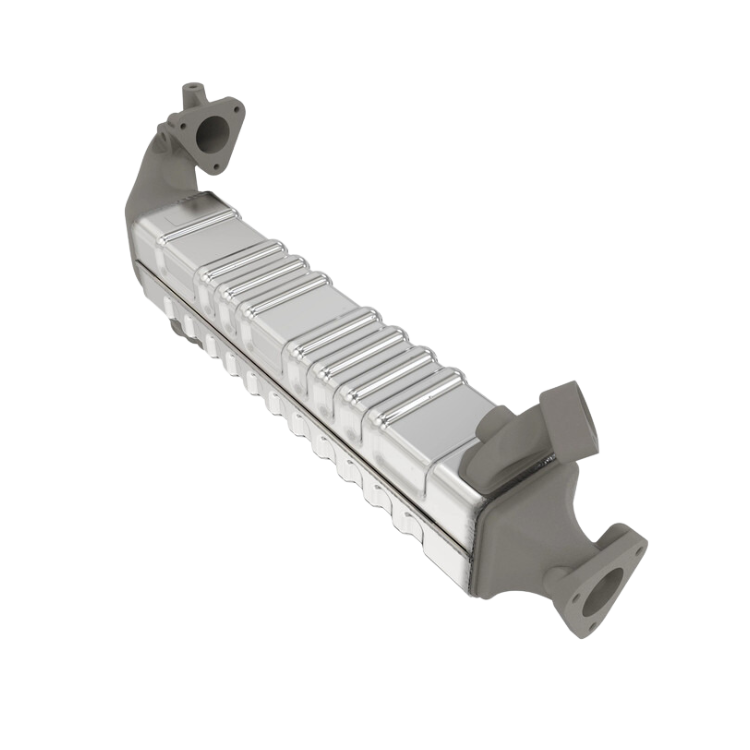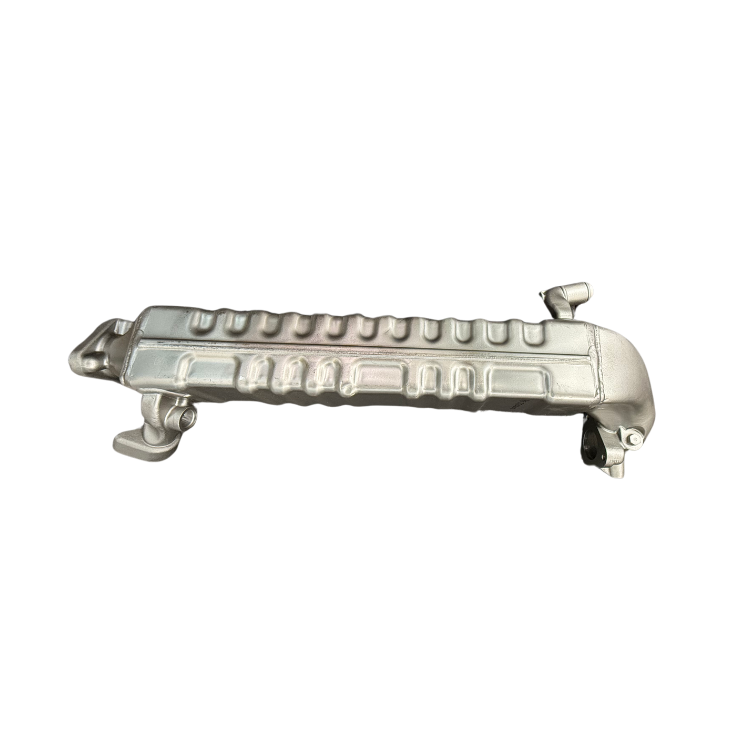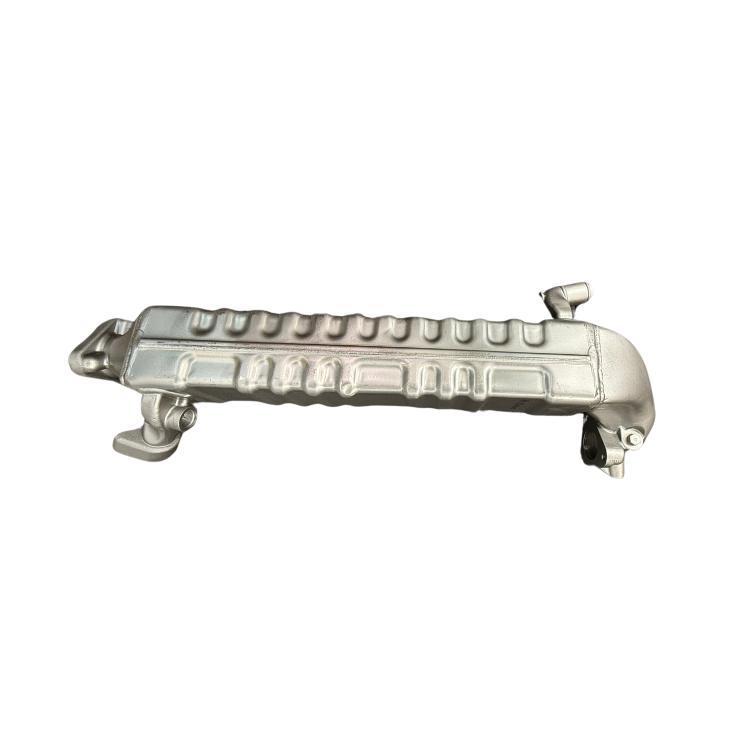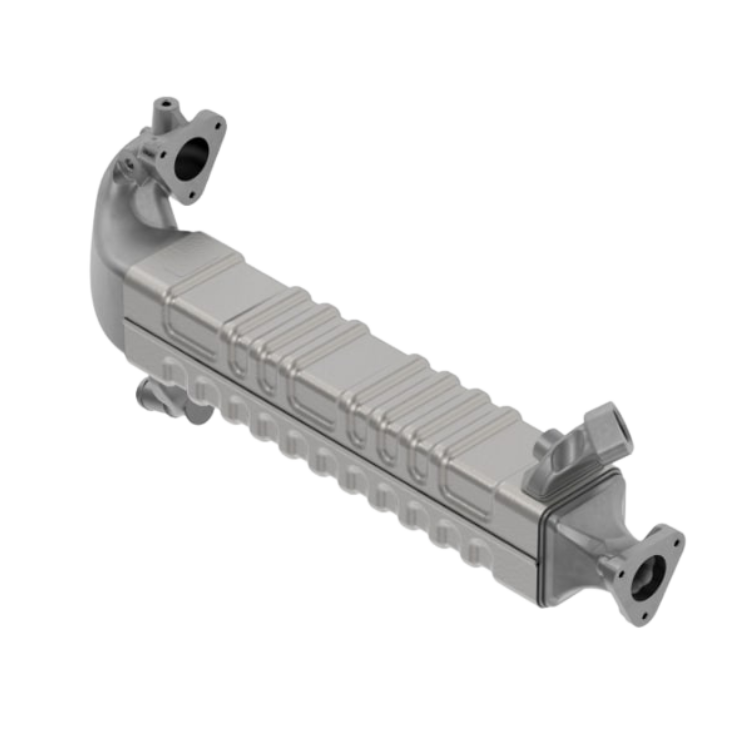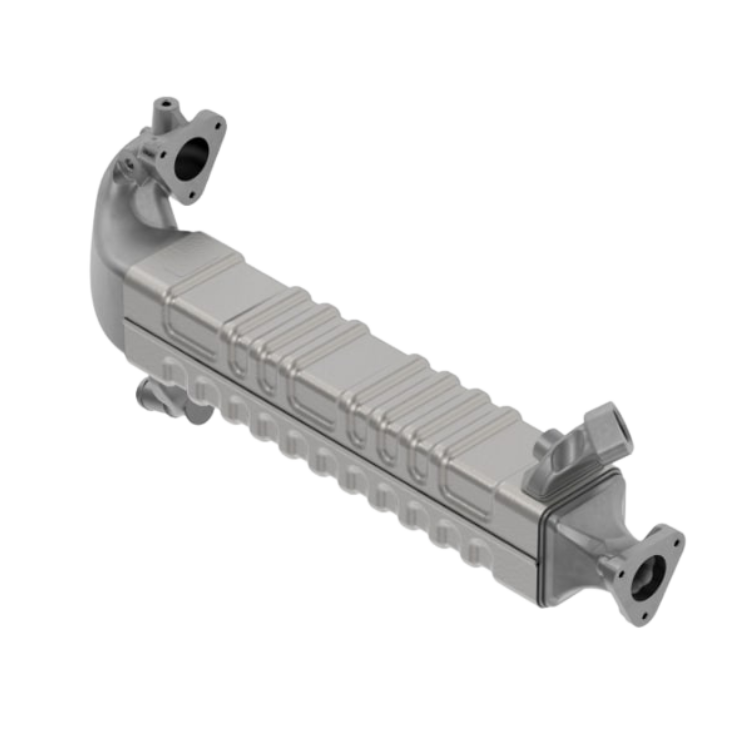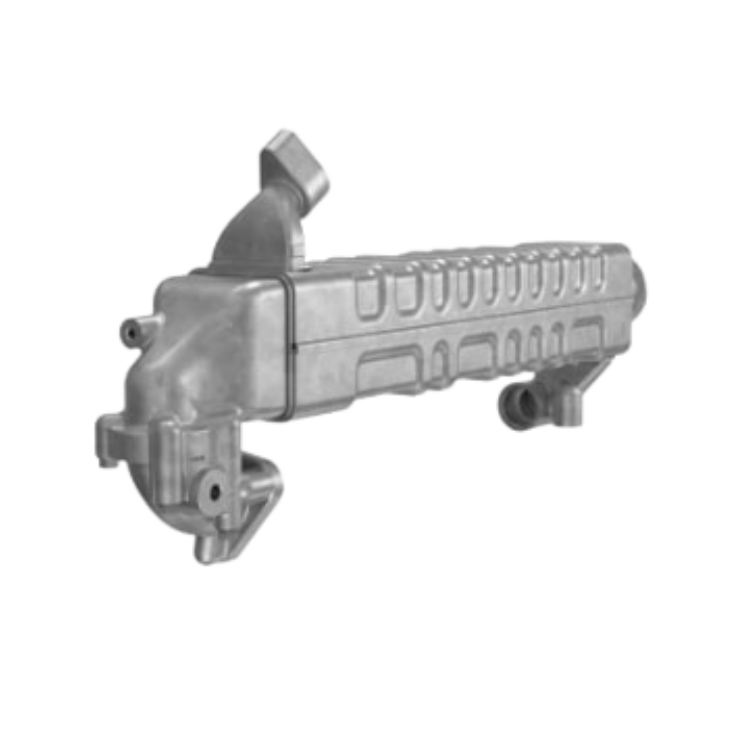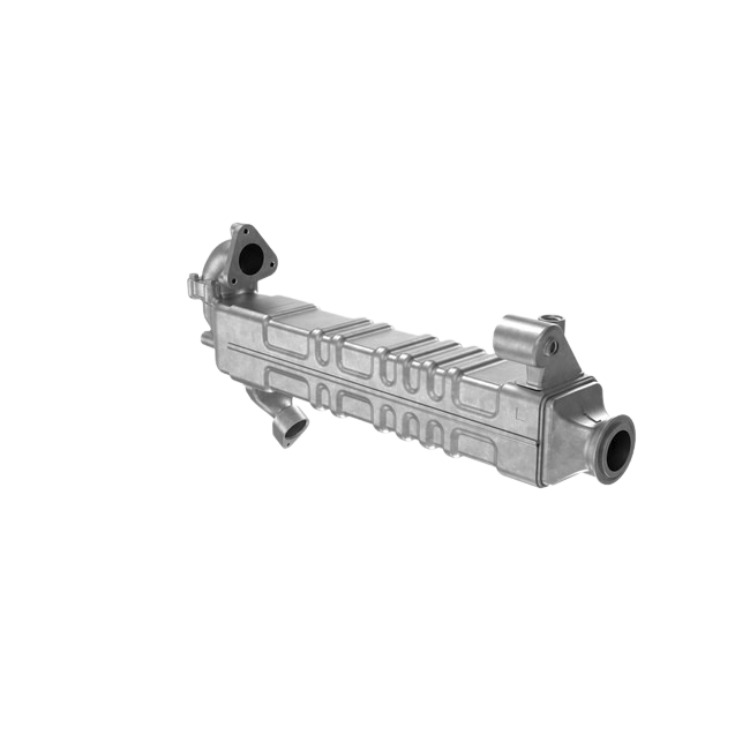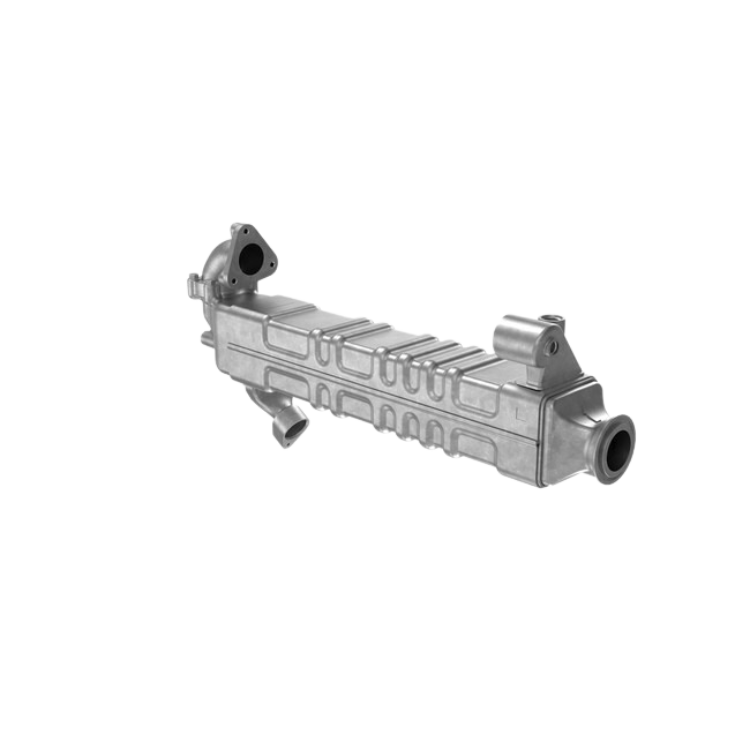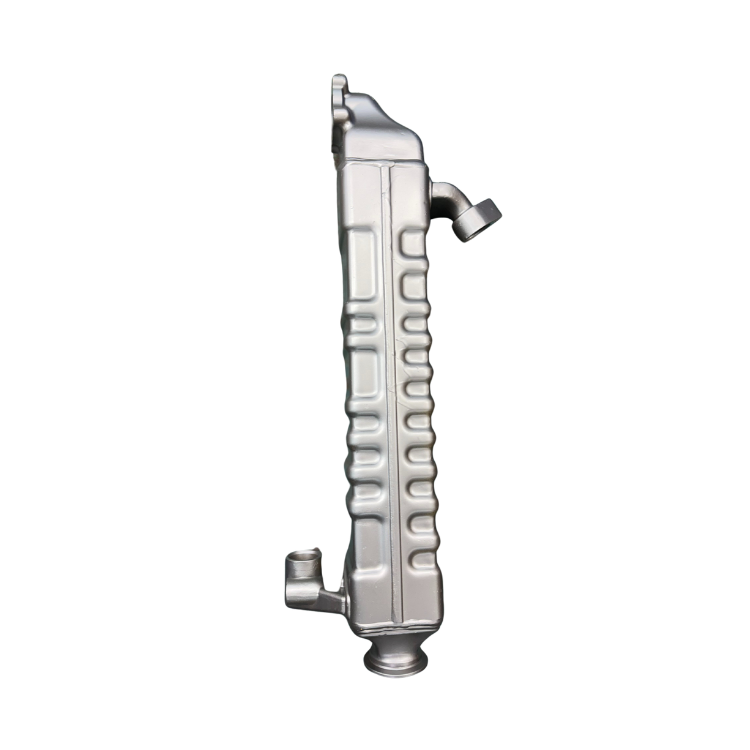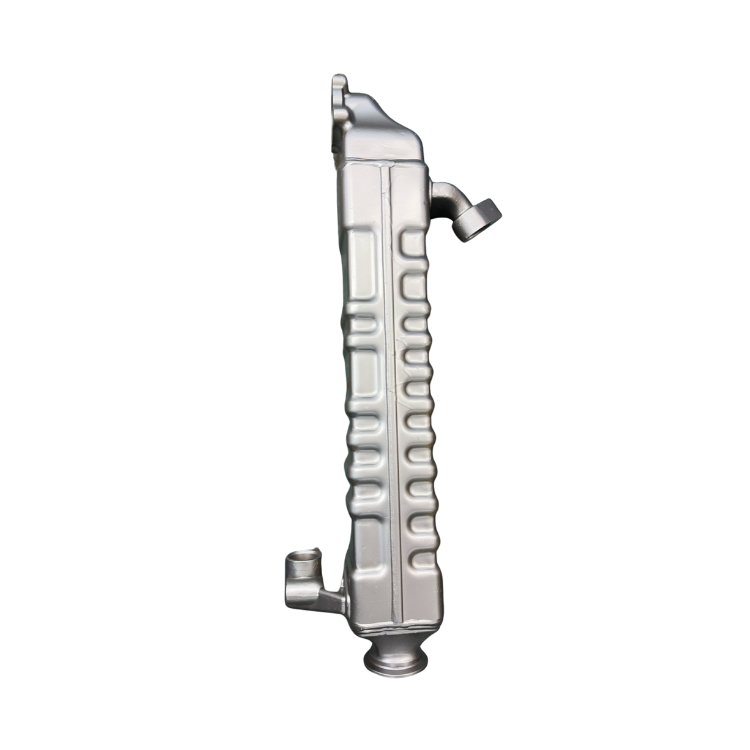Yes, a clogged Exhaust Gas Recirculation (EGR) cooler can contribute to engine overheating. The EGR cooler plays an essential role in reducing combustion temperatures by reintroducing cooled exhaust gases back into the engine. When it becomes restricted or clogged with carbon deposits, it disrupts the engine's thermal balance, leading to performance issues and potential overheating.
Why the EGR Cooler Matters
The EGR cooler is designed to lower the temperature of recirculated exhaust gases before they re-enter the combustion chamber. This process reduces nitrogen oxide (NOx) emissions and helps the engine run at a controlled temperature. When the EGR cooler gets clogged, this vital function is compromised.
Signs and Effects of a Clogged EGR Cooler
-
Increased Engine Temperatures
A blocked EGR cooler limits exhaust gas flow, reducing the cooling effect and potentially causing the engine to run hotter than normal. -
Coolant Leaks or Loss
If the cooler is damaged or cracked due to clogging and pressure buildup, it may leak coolant internally or externally, contributing to overheating. -
Illuminated Warning Lights
A clogged cooler often triggers the check engine light due to irregular EGR flow or coolant temperature sensors detecting abnormal readings. -
Poor Engine Performance
Restricted exhaust flow can lead to power loss, misfires, or hesitation, especially under load or during acceleration. -
White Exhaust Smoke
If coolant enters the combustion chamber due to a compromised EGR cooler, it can produce white smoke from the tailpipe—another sign of overheating risks.
A clogged EGR cooler should not be ignored. It not only leads to inefficient engine operation but also increases the risk of engine overheating and potential long-term damage. Regular maintenance, such as coolant flushes and EGR system cleanings, can help prevent buildup and maintain optimal engine temperature. If you suspect EGR-related issues, it's best to have the system inspected by a qualified diesel technician.





